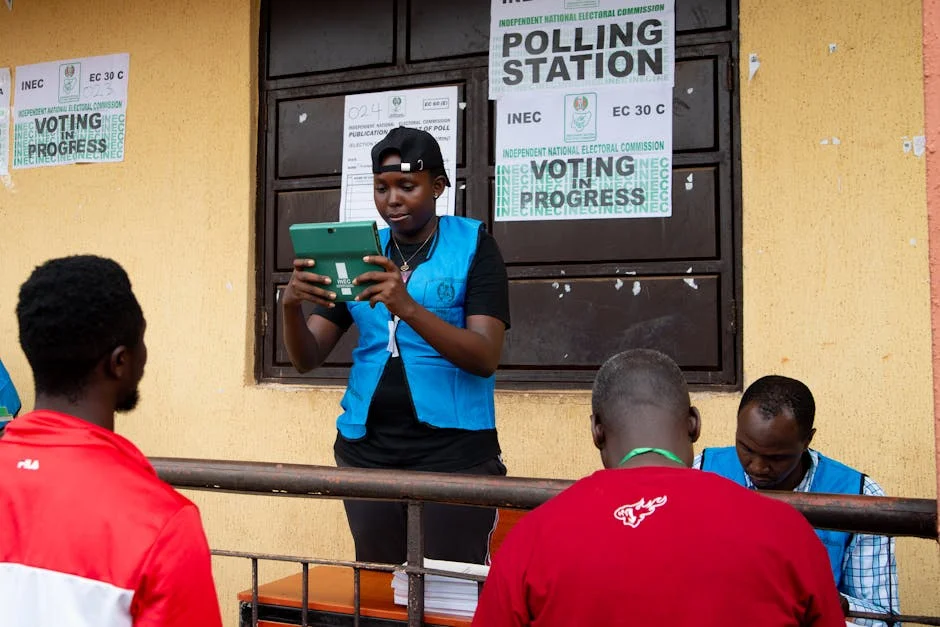Nigeria’s gross official reserves have experienced a slower decline, dropping by -USD167 million month-on-month to reach around USD34.0 billion at the conclusion of July 2023.
This comes after the reserves had a larger fall of -USD975 million in June 2023.
This is contained in the audited financial statement of the apex bank, published on its website.

The drop in reserves for July is similar to the ongoing reduction that started happening in August 2022. So far this year, the reserves have been decreasing by an average of about $447 million every month, and they have gone down by almost $440 million since August 2022.
The decreasing official reserves have placed limitations on the Central Bank’s capacity to engage in foreign exchange market interventions.
As at the end of July 2023, the total Nigeria’s reserves can cover the cost of importing goods for about seven months, using information from the balance of payments from the past year up to December 2022. When service is factored in, this coverage has now reduces to 5.3 months.
Meanwhile, financial statement also stated that CBN owes JP Morgan and Goldman Sachs a combined sum of $7.5 billion as of the financial year ended December 2022.
According to the CBN: “The Group entered into a securities lending agreement with Goldman Sachs and J.P. Morgan.
As part of the agreement, the group received cash in exchange for its securities to be held as collateral for the loan.
“J.P. Morgan being the global custodian of the securities of the Group holds an equivalent in securities, of value of loan given in cash. The cash received from Goldman Sachs is N0.23 trillion ($500 million), 2021: N0.22 trillion ($500 million) and JP Morgan N3.23 trillion ($7 billion), 2021: N3.05 trillion ($7 billion) is recognised in other foreign securities.”
The securities lending forms part of the CBN’s total external reserves of about N14.3 trillion or $29 billion using the official exchange rate of N494/$1 as of 2022.
Reacting on the implications of this revelation, Economist and professor of Capital Market, Uche Uwalake said: “Let me start by commending the present management of the CBN for publishing the financial reports of the Bank after so many years. This act will go a long way in boosting the confidence of investors in the Nigerian economy.
“It has brought to the fore the true picture of the country’s external reserves being managed by the CBN. It is now beyond speculation that much of the reserves are encumbered by Securities lending and derivatives contracts entered into by the CBN.
“Much as these contracts are legitimate, the resulting obligations from them put to question the justification for entering into these contracts in the first place and whether adequate safeguards were put in place at the time of entering into these contracts.
Securities lending is the process of loaning securities to another party which effectively transfers ownership to the other party expected to provide collateral for them. In this instance both JP Morgan and Goldman Sachs were said to have provided cash in return.
Professor Uwalake said: ‘By implication, the current liquid external reserves of about 33 billion dollars does not reflect the true liquidity position of reserves as a significant proportion has been tied down by these contracts. Little wonder the CBN’s ability to intervene in the forex market has been hampered.
Following this disclosure, the current volatility in the forex market may linger for quite some time, except the reserves witness substantial accretion from crude oil sales proceeds.
(Source:Daily Trust)



